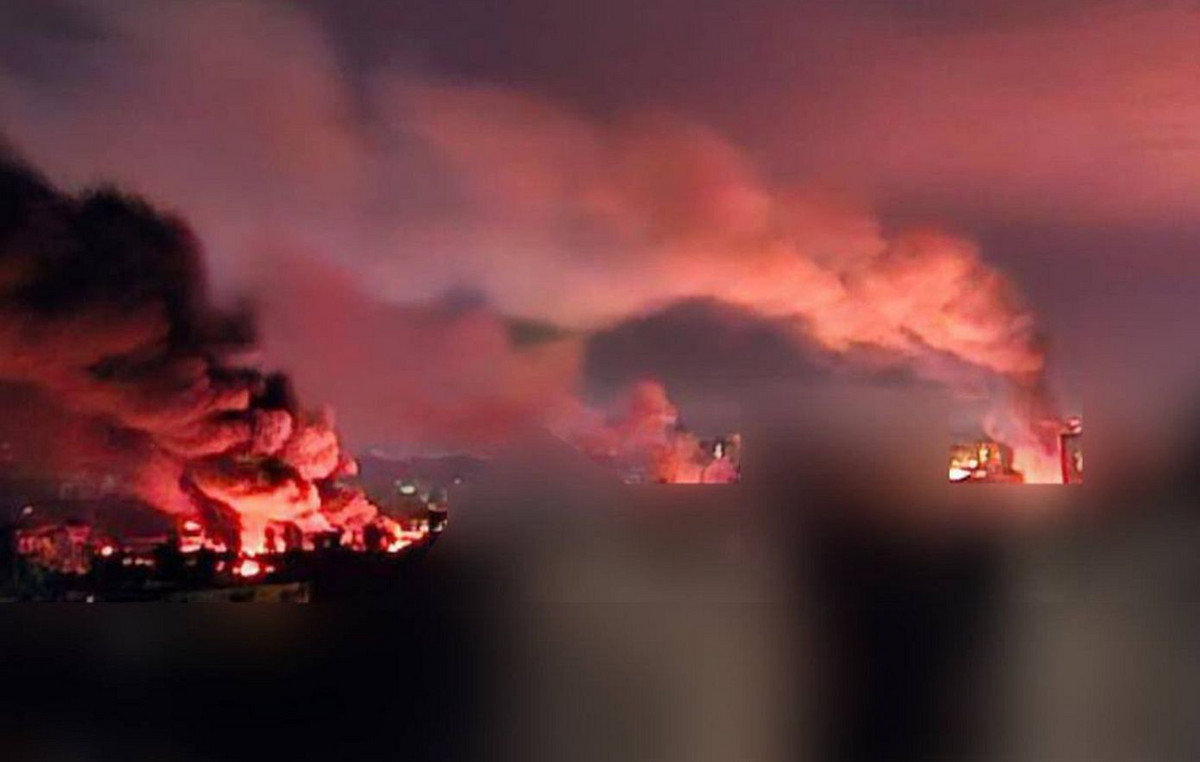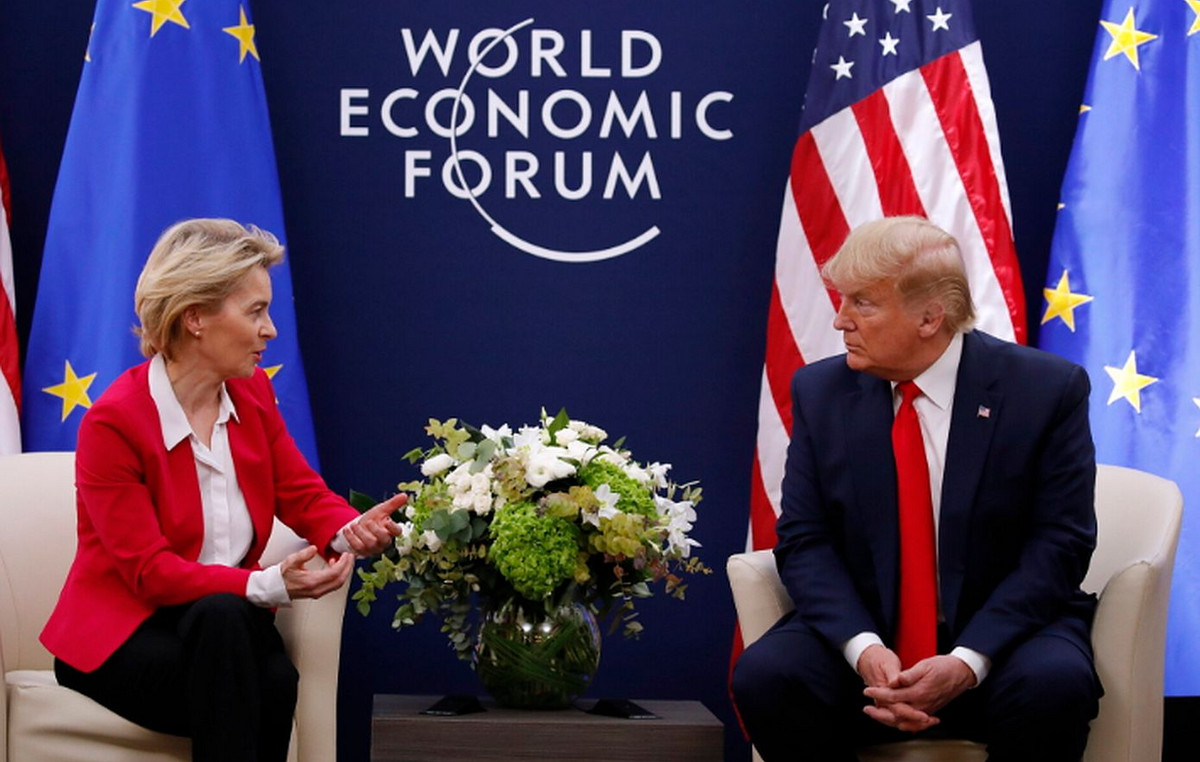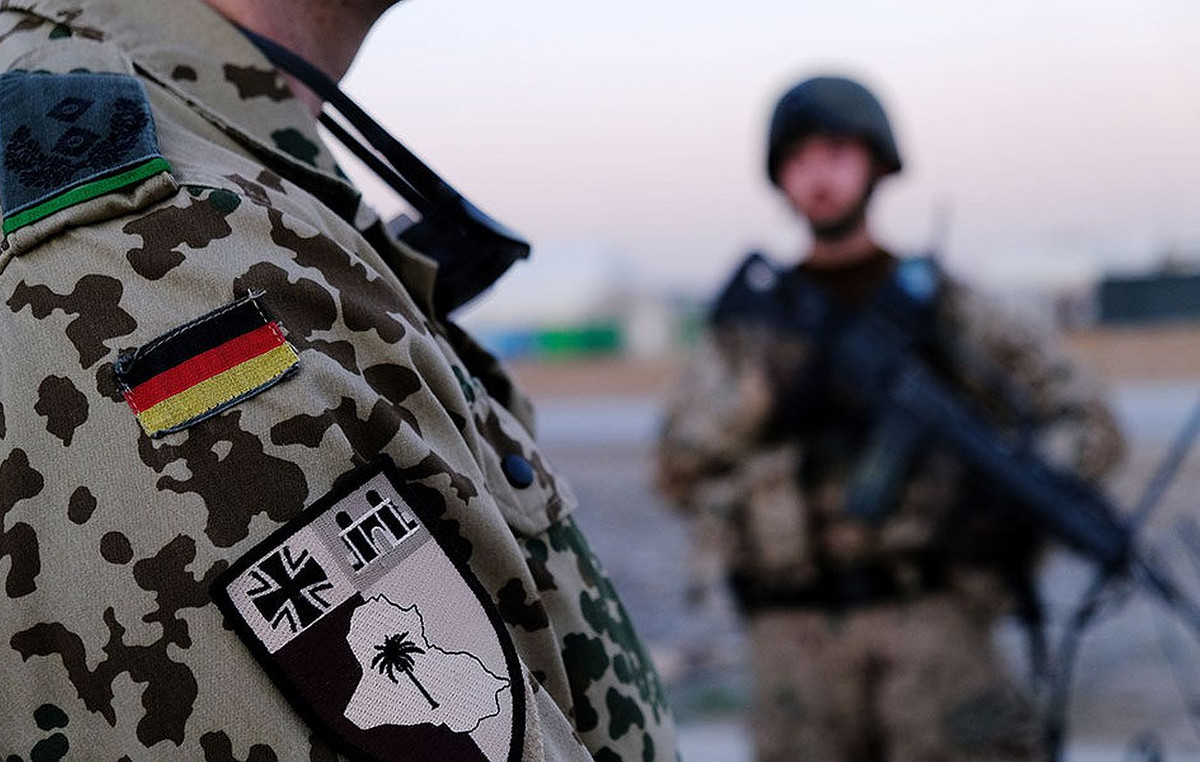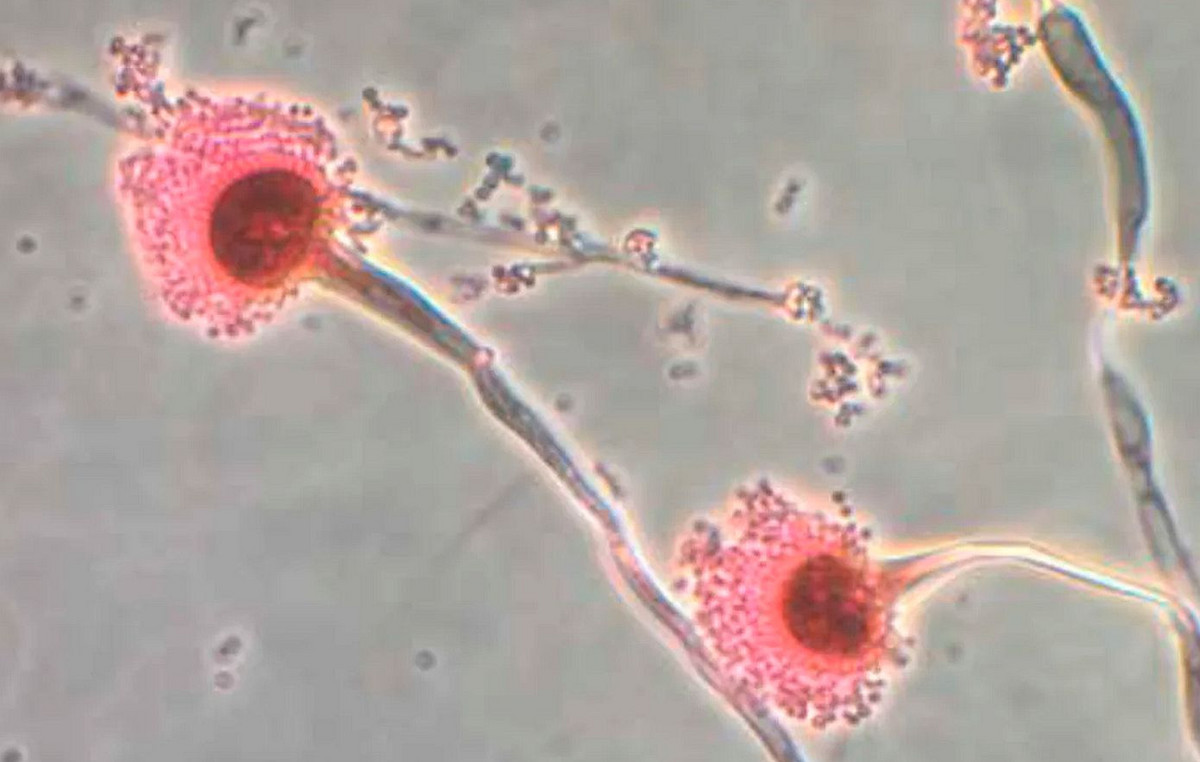The EU reacted quickly and decisively to Russia’s attack on Ukraine by imposing severe sanctions, which are some of the toughest actions that states can take without going to war.
The measures are designed to burden not only the Russian economy, but also the economics of individual citizens, such as top politicians or prominent businessmen, for actions that undermine or threaten Ukraine’s territorial integrity, sovereignty and independence.
It should be noted that since March 2014, the EU has gradually imposed several restrictive measures in response to Russia’s attacks on Ukraine’s territorial integrity, such as diplomatic measures, individual restrictive measures (asset freezing and travel restrictions), restrictions on economic relations with Crimea and Sevastopol and the out-of-government areas of Donetsk and Luhansk regions, as well as economic sanctions, sanctions on the media, and restrictions on economic cooperation.
The list of targeted restrictive measures is constantly expanding, including more and more areas of political, economic and social activity, such as trade, energy and trade.
862 persons and 53 entities in the sanctions list
First of all, with the agreement to extend the scope of sanctions against Russia and Belarus on March 9, the total EU restrictive measures have now reached 862 persons and 53 entities, while the list is constantly expanding.
In particular, the new measures impose restrictions on an additional 160 people and amend Regulation (EC) 765/2006 on restrictive measures, due to the situation in Belarus and Regulation (EU) no. 833/2014 on actions of Russia, which destabilize the situation in Ukraine.
The 160 people registered for actions that undermine or threaten the territorial integrity, sovereignty and independence of Ukraine include:
– 14 oligarchs and prominent businessmen active in key economic sectors, providing a significant source of income to the Russian Federation — particularly in the metallurgy, agriculture, pharmaceutical, telecommunications, and digital economy sectors, as well as their family members .
—146 members of the Council of the Russian Federation, which ratified the governmental decisions of the “Treaty of Friendship, Cooperation and Mutual Assistance between the Russian Federation and the Donetsk People’s Republic” and the “Treaty of Friendship, Cooperation and Mutual Assistance between the of the Luhansk Democratic Republic “.
The legal framework of sanctions
It is initially noted that restrictive measures (sanctions) are a key tool of the EU’s Common Foreign and Security Policy (CFSP), through which the EU can intervene, where necessary, to prevent conflicts or tackle emerging or ongoing crises. . It is clarified that they do not have a punitive character, but their purpose is to bring about a change of policy or activity, by targeting entities and individuals in third countries, which are responsible for such malicious behavior.
As Kouroupis Konstantinos, Assistant Professor of European Law and Personal Data Law at Frederick University, explained to Philenews, the possibility of approving sanctions in the EU is provided by Article 29 of the Treaty on European Union (TEU) and its implementation Article 215 of the Treaty on the Functioning of the European Union (TFEU).
In particular, Article 29 of the Treaty on European Union allows the Council of the European Union to approve sanctions against third-country (non-EU) governments, non-state actors and individuals (such as terrorists), with a view to changing policy. or their activity. In addition, under Article 215 of the Treaty on the Functioning of the European Union, the Council may adopt the measures necessary for implementing the decisions adopted pursuant to Article 29 TEU to ensure that they are applied uniformly in all Member States.
Dr. Kouroupis also pointed out that a qualified majority is needed for the approval of sanctions, informing the European Parliament, while he clarified that the targeted individual sanctions have no cross-border application, ie are imposed on a list of people who have direct or indirect activity within the EU.
Ability to challenge decisions in the courts
The professor explained that individuals or companies affected by these sanctions can legally challenge the restrictive measures imposed on them, the legality of which will be judged in European and international courts.
As stated by Dr. Kouroupis, the case T-256/07 is typical, where the EU Court of First Instance acquitted Iranian citizens (People’s Mojahedin Organization of Iran), who were imposed restrictive measures for participation in the proliferation of nuclear weapons and who, after appealing before of the (then) EU Court of First Instance, requesting the annulment of a conviction of the EU Council, managed to get off the list of sanctions.
New regulations from the United Kingdom as well
It is worth noting that restrictive measures against Russia were imposed by the United Kingdom, through new regulations, which allow the government to impose a freeze on assets of those allegedly involved in either “destabilizing Ukraine or undermining or threatening territorial integrity.” or independence of Ukraine “.
The UK sanctions regime is intended to encourage Russia to suspend what the government considers to be aimed at:
A) – destabilization of Ukraine, including allegations of actions that undermine or threaten the territorial integrity, sovereignty and independence of Ukraine.
This includes people who are held responsible for participating, providing support (including providing financial services or providing funds, financial resources, goods or technology) or promoting any policy action that might be perceived in this way.
B) – gaining benefit from or support of the Russian government.
This includes (a) conducting business as an entity affiliated with the Government of Russia; (b) conducting business of economic importance to the Government of Russia; (c) conducting business activities of a strategic importance to the Government of Russia; or (d) holding or control directly or indirectly or working as a director (executive or not), manager or equivalent: (i) an entity affiliated with the Government of Russia; or (ii) a person other than a natural person falling within subsection (b) ) or (c).
Impact of sanctions
Finally, as Dr. Kouroupis stated, “it seems that the crisis in Ukraine is radically changing the Europe we have known so far and laying a new foundation for the EU security architecture.” He also stressed that “the observance of fundamental principles of international as well as European law must be fully safeguarded, while everyone hopes that the political will of the states is in line with the principle of legitimacy for the purpose of consolidating world peace.
Source: Philenews
Source: Capital
Donald-43Westbrook, a distinguished contributor at worldstockmarket, is celebrated for his exceptional prowess in article writing. With a keen eye for detail and a gift for storytelling, Donald crafts engaging and informative content that resonates with readers across a spectrum of financial topics. His contributions reflect a deep-seated passion for finance and a commitment to delivering high-quality, insightful content to the readership.





